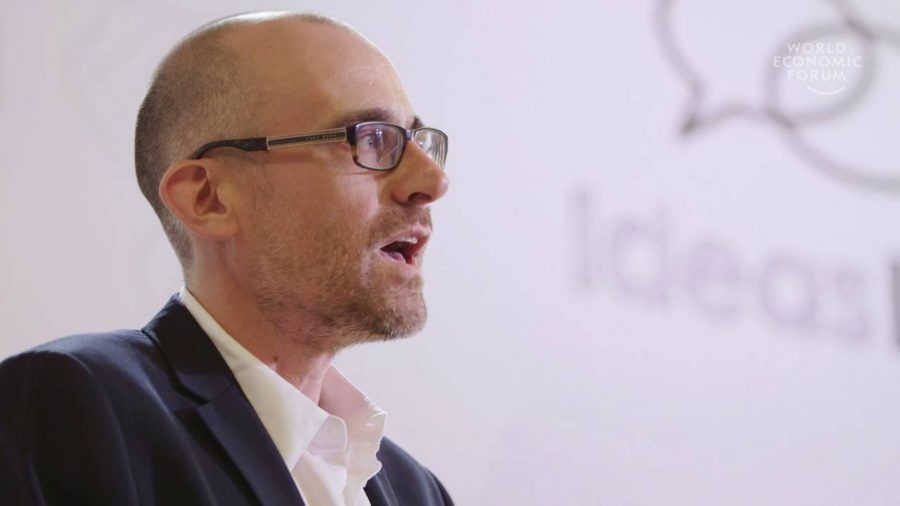Cities form a vast global network connected by flows of energy, food, information. This global network is the challenge of the 21st century. How do we make more sustainable cities, with smaller ecological footprints and more equitable human wellbeing?
Archive (Page 4 of 7)
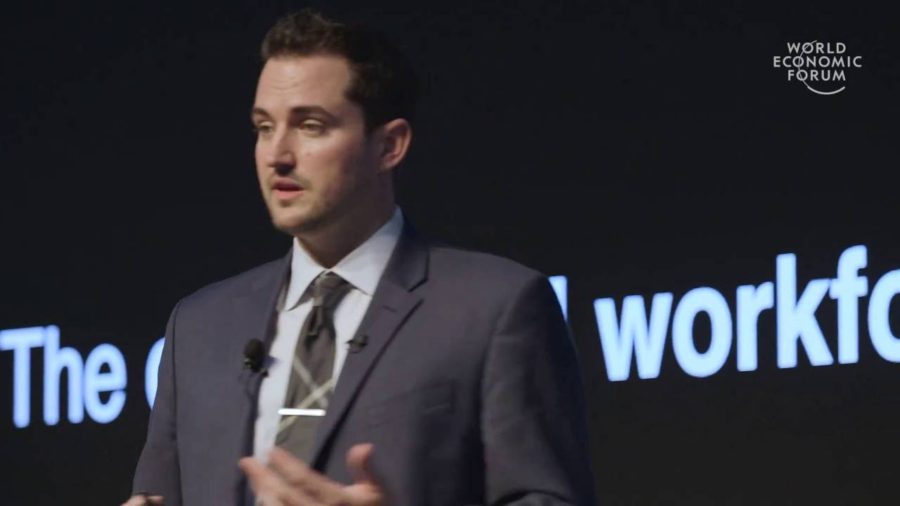
The Fourth Industrial Revolution is ushering in a significant increase in connected machines, connected products. And at the same time, the people who are standing next to these highly sophisticated machines are ultimately connected in their home lives. They carry a cell phone that’s managing their smart car, their smart home, their smart systems. But they have almost no interaction with the systems at work.
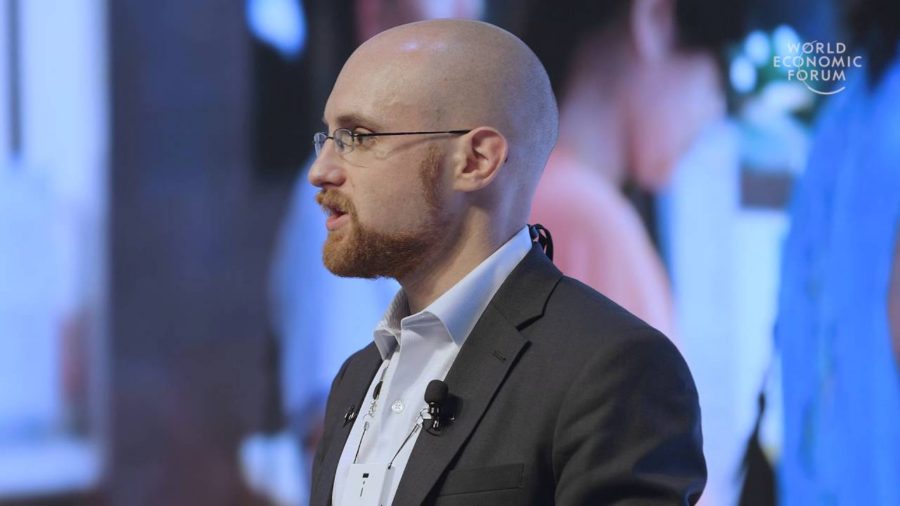
I could ask you questions about where your customers buy products, or what sort of products they buy. And you could give me very detailed answers. But I could ask relatively similar questions about what goes on within your company that you can’t answer.
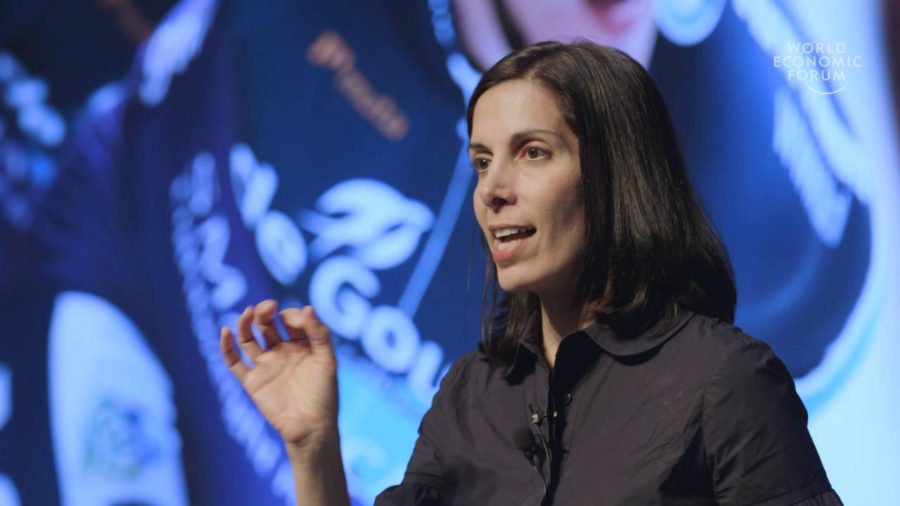
Are there any limits to the connected workplace? Are there any concerns about the connected workplace? Is there any way in which you wouldn’t want either yourself or an employee to be connected? Are there any limits to the kinds of information we can gather in order to make our workforces more productive? In order to make our overall society more productive?
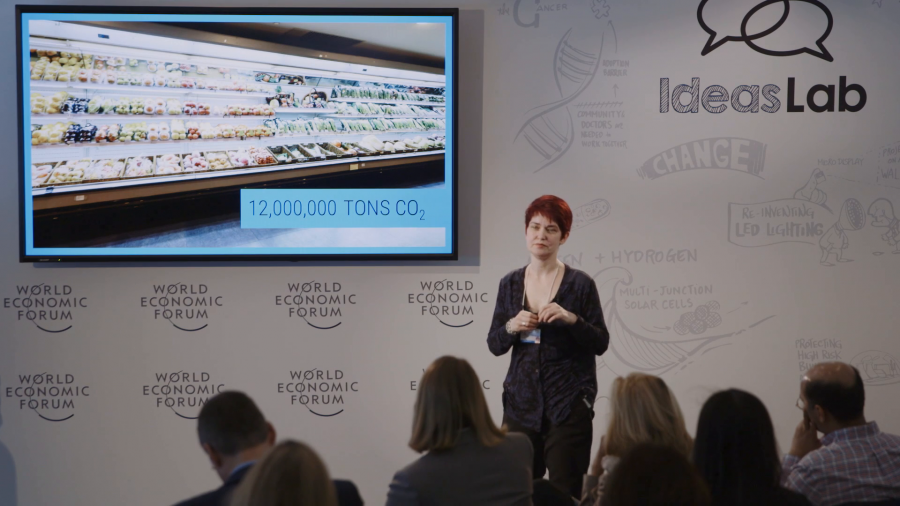
Machines generate waste heat when they do work for us. And this year, seven billion of us will use twenty-five trillion kilowatt hours of electricity. An awful lot of that will end up as waste heat. So, we treat waste heat as a problem. We see it as a challenge to design how we can manage it. We don’t think of it as a resource. If we thought of it as a resource, that would be results we are just throwing away.
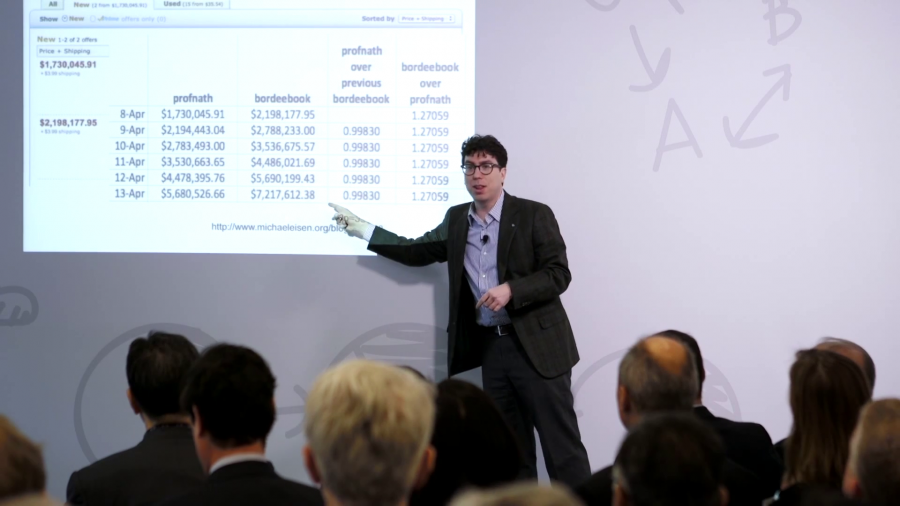
I want to think more broadly about the future of cyber state, and think about accumulations of power both centralized and distributed that might require transparency in boundaries we wouldn’t be used to.
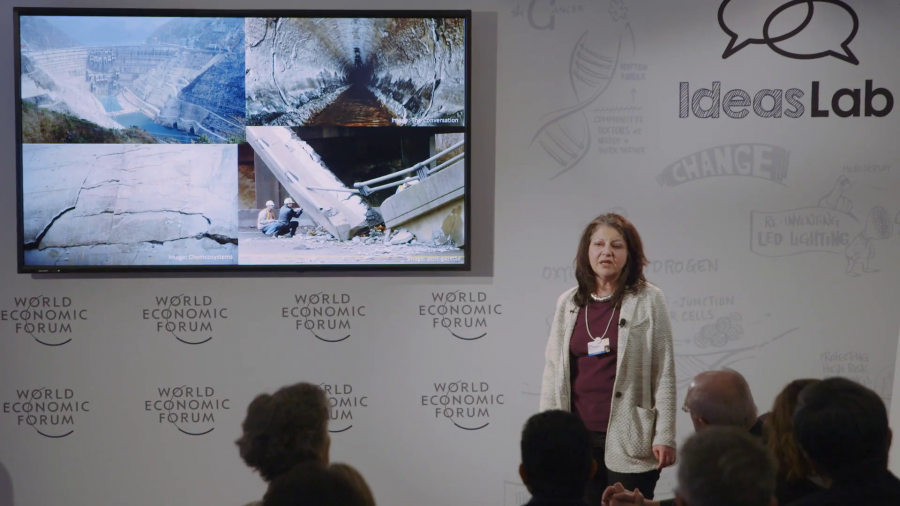
Our bridges, motorways, tunnels, and dams, and all the buildings that make up our infrastructure are vital to our society and economic growth yet we take them for granted. The shocking truth is that our infrastructure is crumbling beneath our feet. And this is costing us dearly, both in terms of money and carbon.

Our connectivity not only spreads good ideas, it spreads bad ones too. Our connectivity not only allows us to make finance travel around the world and help people, it means that a cascading risk that originates in the South of the US can be everywhere within a matter of hours. And this hyperconnectivity, this butterfly defect of globalization, requires new management.
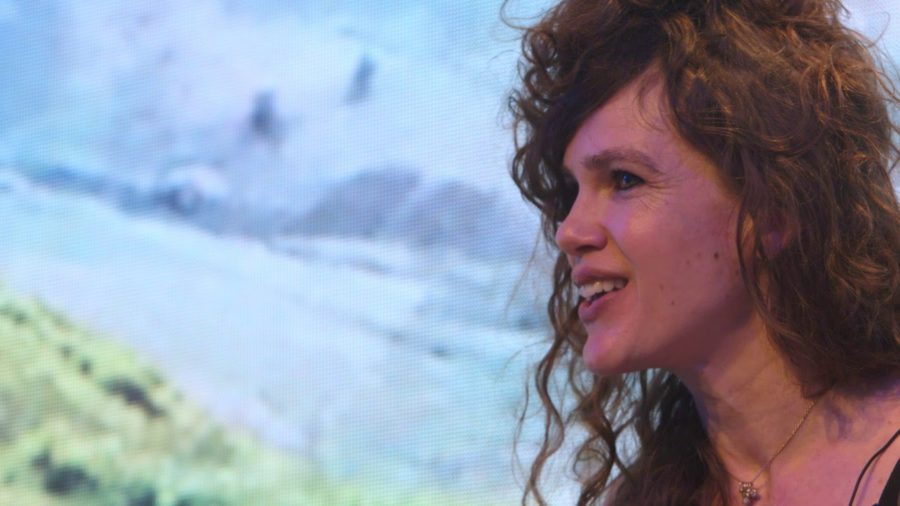
The question that philosophers have asked since antiquity is how should you live? What is the good life for a human being? And the two answers that have repeatedly come back time and time again are that there are two things that matter. One is agency. That’s to say being in control of your life, actively, creatively engaging with the world. And the other is community.
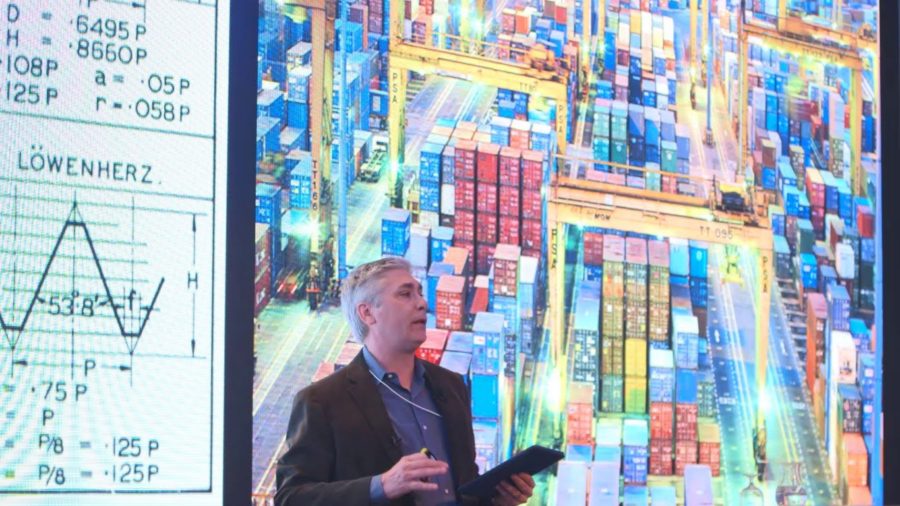
One of the ways that industrial revolutions are interesting to think about is that they look differently depending on how and where you see them from. They look different whether you see them from Europe or Asia or Africa. But regardless of time or place, economists and historians generally tend to look at industrial revolutions through the lens of innovation. And in my short talk today I want to encourage a different way of thinking about this.

